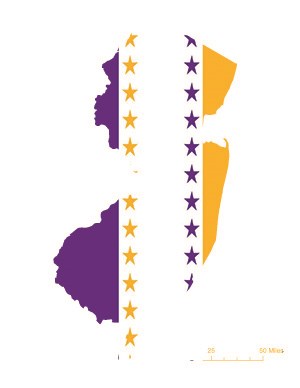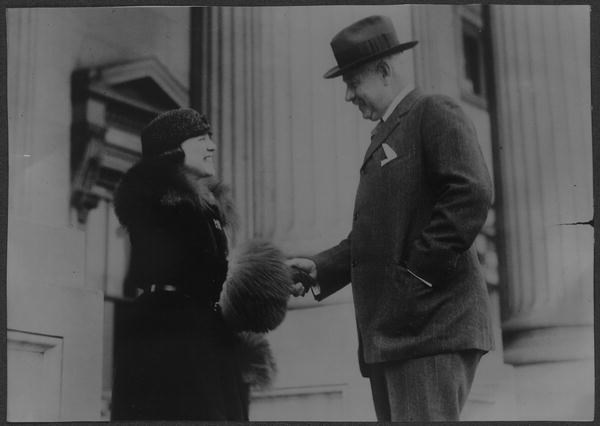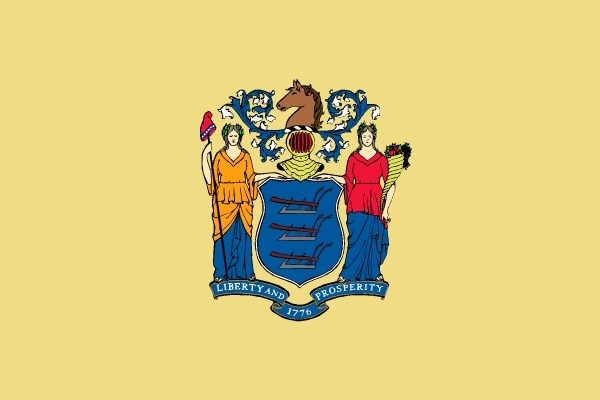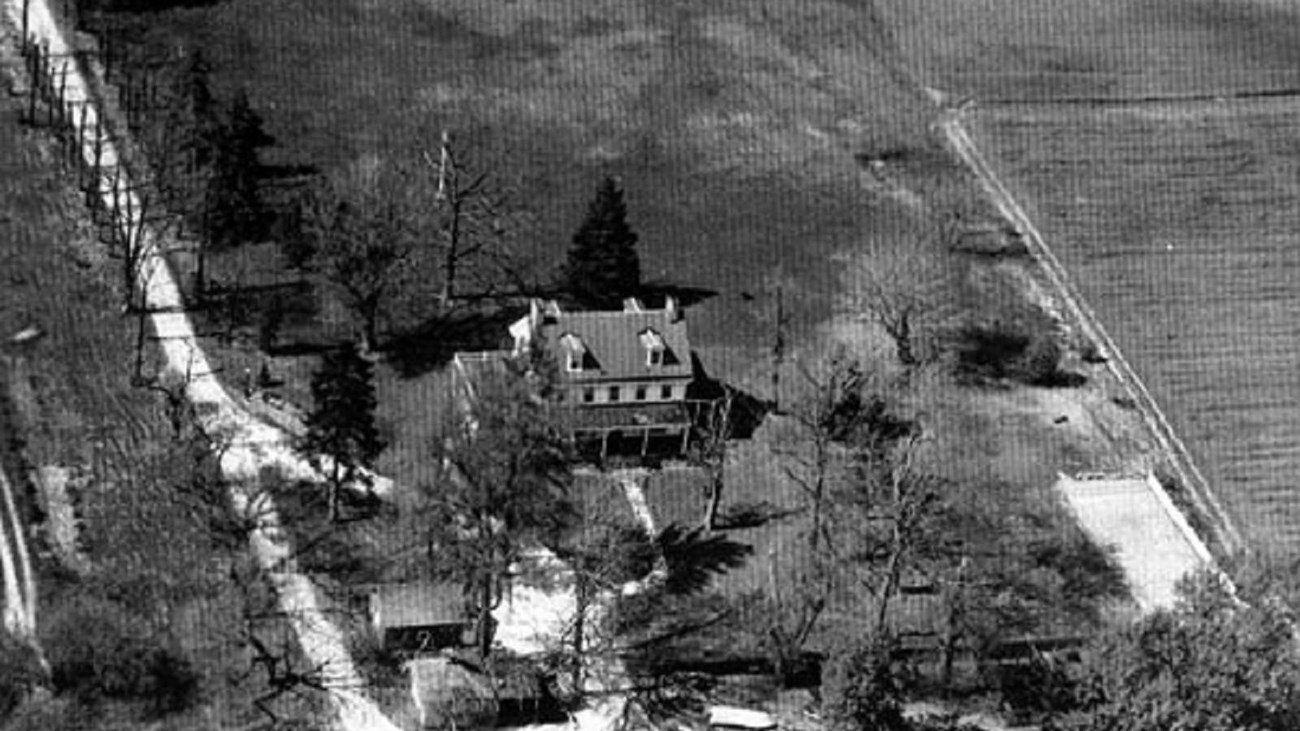Last updated: August 22, 2019
Article
New Jersey and the 19th Amendment

CC0
Women first organized and collectively fought for suffrage at the national level in July of 1848. Suffragists such as Elizabeth Cady Stanton and Lucretia Mott convened a meeting of over 300 people in Seneca Falls, New York. In the following decades, women marched, protested, lobbied, and even went to jail. By the 1870s, women pressured Congress to vote on an amendment that would recognize their suffrage rights. This amendment was sometimes known as the Susan B. Anthony amendment and became the 19th Amendment.
The amendment reads:
"The right of citizens of the United States to vote shall not be denied or abridged by the United States or by any state on account of sex."
After decades of arguments for and against women's suffrage, Congress finally passed the 19th Amendment in June 1919. After Congress approved the 19th Amendment, at least 36 states needed to vote in favor of the amendment for it to become law. This process is called ratification.
On February 9, 1920, New Jersey voted to ratify the Nineteenth Amendment. By August of 1920, 36 states (including New Jersey) had ratified the amendment and it became law, ensuring that all across the country the right to vote could not be denied based on sex.

Library of Congress, Records of National Woman's Party Collection.
https://www.loc.gov/item/mnwp000387/

New Jersey Places of Women’s Suffrage: Paulsdale
Paulsdale was the birthplace and childhood home of Alice Paul, a noted suffragist. Paul organized a women’s suffrage parade in Washington, DC in 1913. She also founded the National Woman’s Party in 1916. Her home in New Jersey is a National Historic Landmark and is open to the public.

Paulsdale is an important place in the story of ratification. It is listed on the National Register of Historic Places.
